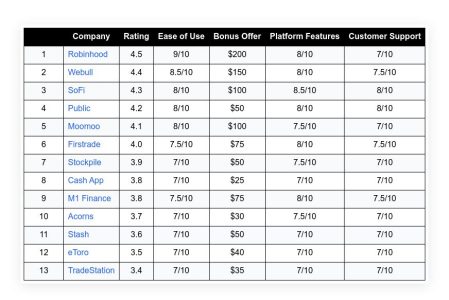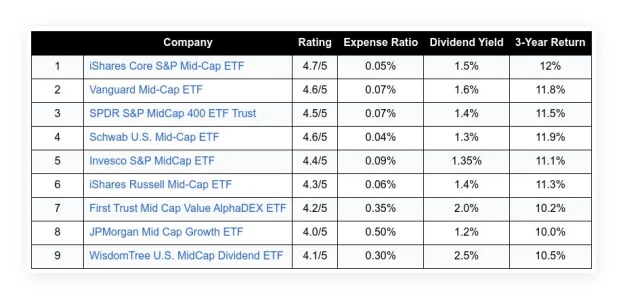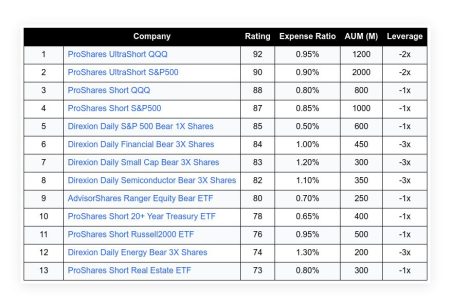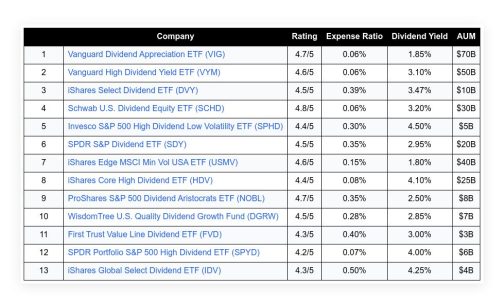Consumers often decide between national, regional, and credit unions when choosing a bank. Each type of financial institution has its own benefits and drawbacks, which can help you make an informed decision. Here, we’ll explore the pros and cons of banking with regional banks.
Table of Contents
TogglePros of Banking with a Regional Bank
- Personalized Service and Local Expertise Regional banks are known for their strong ties to the communities they serve. Institutions like Zions Bank and First Citizens Bank focus on building customer relationships, which can lead to more personalized service. Whether you need a loan or financial advice, the staff at a regional bank often has the local expertise to understand your needs and provide tailored solutions.
- Strong Financial Stability Regional banks prioritize sound financial practices, contributing to stability. Many, including PNC and Comerica, have robust capital reserves and diversified business models. John Turner, CEO of Regions Bank, emphasizes this point: “Simple principles drive Regions Bank’s soundness, profitability, and growth: having a diversified business model with a solid deposit base while offering a wide range of services and specialty capabilities for consumers, businesses, and investment clients. We operate in several of the country’s best, most vibrant markets, including in high-growth cities across the Southeast and Texas, in addition to strong Midwest communities. Regions have approximately $154 billion in assets and 1,250 branches covering a 15-state retail banking footprint, and additional specialty offices from coast to coast. We help clients achieve their goals in times of prosperity and leverage our experience to offer helpful advice and guidance during times of uncertainty. Regions have a strong and resilient business model. We have constructed a balance sheet that is robust, sustainable, and will perform consistently over time.”
- Focus on Local Businesses Regional banks often play a significant role in supporting local businesses. Unlike larger national banks, regional banks like Synovus and Banner Bank have the flexibility to offer customized loan products and services that cater to small and medium-sized businesses. This can be a significant advantage for business owners who want to work with a bank that understands their market.
- Better Access to Decision-Makers Customers of regional banks often report having more access to decision-makers, including branch managers and loan officers. This can be particularly beneficial for businesses seeking loans or individuals seeking customized financial solutions. A direct line to someone who can make decisions can lead to faster service and more tailored options.
- Community-Focused Initiatives Regional banks are typically more involved in community initiatives, such as sponsoring local events and supporting local charities. This community-centric approach can draw customers who want to bank with an institution that reinvests in the local economy.
Cons of Banking with a Regional Bank
- Limited Geographic Reach One of the main drawbacks of regional banks is their limited reach compared to national banks. While national banks like Chase or Bank of America have branches nationwide, regional banks operate within specific areas. This could be a disadvantage for customers who travel frequently or move to a location outside the bank’s service area.
- Fewer Advanced Digital Features Although many regional banks have been improving their online and mobile banking services, they might not offer the same digital convenience as national banks. For example, larger banks tend to have more advanced mobile apps with features like budgeting tools, comprehensive financial dashboards, and seamless international transfers. However, some regional banks, like Huntington and KeyBank, are making strides in this area to remain competitive.
- Potentially Limited Product Range Regional banks may not offer the extensive range of products and services that national banks do. While they do cover essential banking needs—like checking, savings, loans, and mortgages—customers looking for more niche financial products, such as international investment services or specialized business loans, may find fewer options. However, regional banks like Fifth Third and M&T Bank offer competitive products for most standard banking needs.
- Branch Accessibility While regional banks often have a strong presence in their local areas, they may not have the same density of branches and ATMs as national chains. This can be a limitation if you prefer in-person banking or need regular access to ATMs without fees—some regional banks partner with national ATM networks to offer broader coverage.
Weighing the Decision: Is a Regional Bank Right for You?
Regional banks offer a compelling mix of personalized service, local expertise, and community involvement. A regional bank could be an excellent fit if you value a more tailored banking experience and want to support local businesses. However, a larger national bank might be more suitable if you need extensive national or international services or the latest in digital banking features.
Conclusion
Regional banks present a mix of benefits and potential drawbacks. They excel in providing personalized service, supporting local businesses, and maintaining financial stability through diversified business models. However, customers must consider their own banking needs — such as geographic reach, digital service expectations, and product offerings — before deciding. As John Turner of Regions Bank points out, these institutions are designed to be resilient, reliable, and supportive, helping clients navigate excellent and challenging times. For many, this combination makes regional banks a safe and sound choice.
Featured Image Credit: Photo by Expect Best; Pexels
















